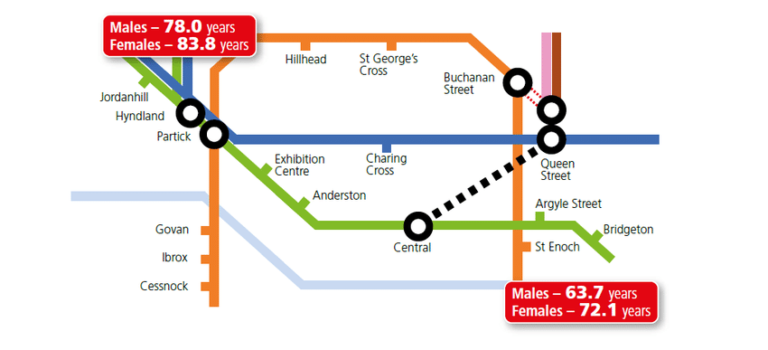AI and Education: Reflection 3
In preparation for our event with the Goodison Group on Scotland on artificial intelligence (AI) and education, some 16 and 17-year-old students submitted to the Goodison Group in Scotland their reflections on the question of artificial intelligence and education.
This blog offers ideas for how AI can help unlock education for millions of people worldwide. It is reproduced as a think-piece on a positive future to accompany our event report: “AI and Education with the Goodison Group”.
There is no doubt that the rapid improvement of AI represents a large paradigm shift in education and the world at large. While it is important to approach this change with mindful caution, the worst thing that can be done is prohibiting access to young students.
In the same way that there has been a recent push for PSHE in schools in order to teach students emotional literacy, with the rise of AI, students ought to similarly be taught technological literacy. This may include learning how to effectively prompt LLMs (large language models) for research purposes or even understanding the basic mechanisms of these models. By doing this, students will learn to use it as a tool, rather than a cheat to help them avoid work.
With the rise of AI, students ought to be taught technological literacy.
This must be accompanied by a significant change in the general syllabus. While the internet gave us access to a huge catalogue of indiscernible information, AIs like OpenAI’s ChatGPT gave us the ability to instantly locate relevant information. This means that testing students’ memorisation skills will be more redundant than ever – instead, schools and universities will have to teach and test students’ critical thinking and logical reasoning. AI has performed infamously poorly in these kinds of tasks, so those skills will become even more crucial for students.
Designing lesson plans and creating materials will become easier as well; study sites like Quizlet have already implemented ChatGPT to help students and teachers generate revision sets. ChatGPT is also effective at explaining complex concepts more simply, allowing students to better understand their subjects and avoid falling behind after absences. AI won’t altogether replace teachers anytime soon, but by using it in tandem with classroom learning, it will provide a more effective and flexible learning environment.
An arguably more important aspect of AI in education is the affordability it achieves. The rapid improvement of AI, particularly LLMs, has the potential to bring close to zero cost education to people who would not otherwise have this access.
In a recent talk, Professor Abhinay Muthoo pointed out the massive potential which is held in large populations living in poverty. He used the example of the 230 million (according to the UN’s MPI) people living in poverty in India. Simply by having access to the internet, these people now have the ability to receive personalised teaching on practically any topic: 200 million people living in poverty can now access higher quality education much more easily than before.
Of course, there are limits to the capability of AI models in some subjects which are heavy on logical reasoning, such as philosophy, and at high levels, such as calculus; however, the future potential for this technology is massive – and it’s still early days. As this technology improves, so will the quality and accessibility of education. This will improve equality, helping to provide equal opportunities to people from all backgrounds.
This improvement will not only be in the standard of living for these people, but also in future innovation across the world. When significant portions of the world’s population are insufficiently educated, it leaves potential knowledge and talent undiscovered – what if Albert Einstein had never discovered relativity because he couldn’t afford to study?
The development of AI is a self-propelling machine – as the technology improves, the rate at which it does so increases.
Once this gap is filled, it will stimulate innovation by increasing competition. Both students and businesses will have a stronger drive to do better and achieve more. The development of AI is a self-propelling machine – as the technology improves, the rate at which it does so increases. By implementing AI in education, we can increase the rate at which humanity develops at the same time, furthering this drive for innovation.
AI is a technology that will change the world. As with any emerging technology, it comes with some concerns and risks which must be navigated in order to produce the best outcome. Even so, by properly and responsibly utilising it in education, we will be able to create a future of innovation and growth whilst maintaining social equality.
Scotland’s Futures Forum exists to encourage debate on Scotland’s long-term future, and we aim to share a range of perspectives. The views expressed in this blog are those of the author and do not necessarily reflect the Futures Forum’s views.







